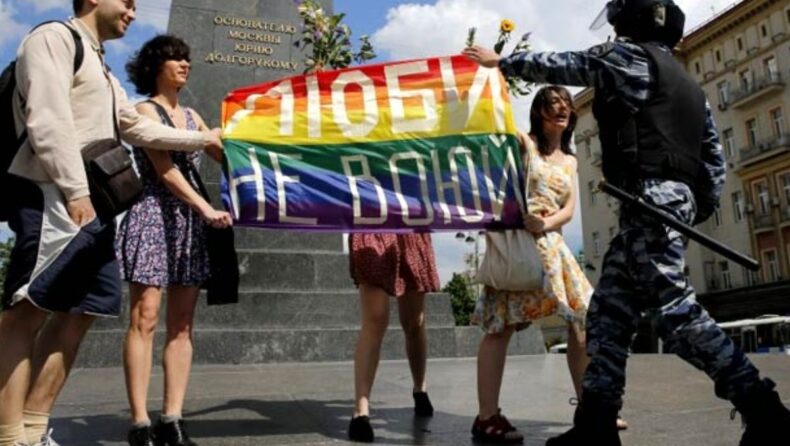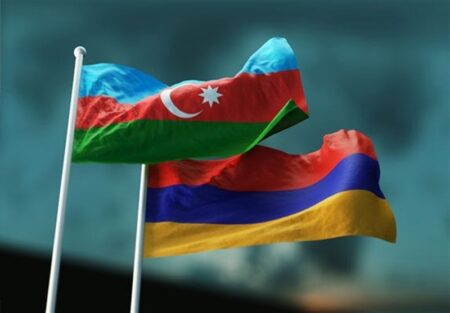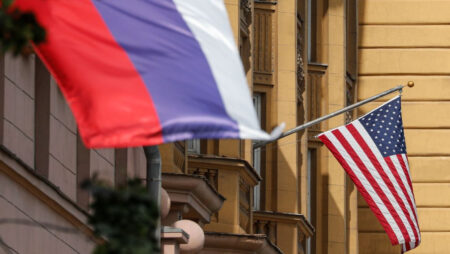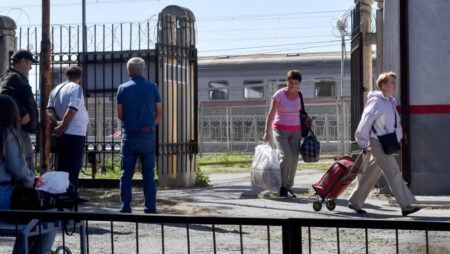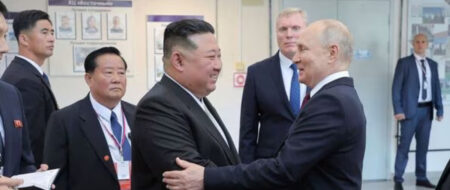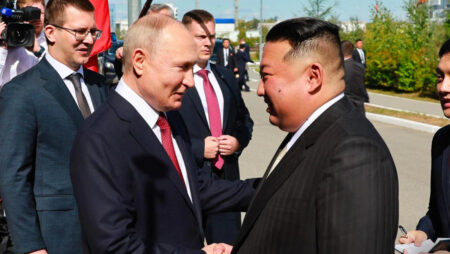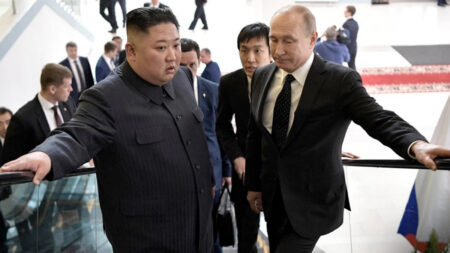On 6th September 2018, the Supreme Court of India, ruled unanimously that section 377, of the Indian Penal Code, was unconstitutional. This Historic Judgement, which decriminalized sexual acts between consenting adults of the same sex, was hailed as a landmark decision for LGBTQ rights in India. While this monumental jurisdiction was efficient in bringing forth a vast amount of open-mindedness in regard to Gay Rights, it was not similar in all countries.
Table of Contents
Growing Opposition to LGBTQ Rights
A recent survey conducted by the independent sociological research company Russian Field has unveiled a concerning shift in the attitudes of many Russians toward the LGBTQ community. The survey, whose results were reported by the Kommersant newspaper, indicates that over the past decade, there has been a significant increase in the number of Russians who advocate for restricting LGBTQ rights. This year, a striking 62% of respondents expressed support for curtailing the rights of gay individuals, while 55% favored restricting the rights of transgender people. In stark contrast, a mere two years ago, only 42% of Russians opposed equal rights for homosexual and heterosexual individuals. Even more remarkably, in 2013, just 19% of the population held such views.
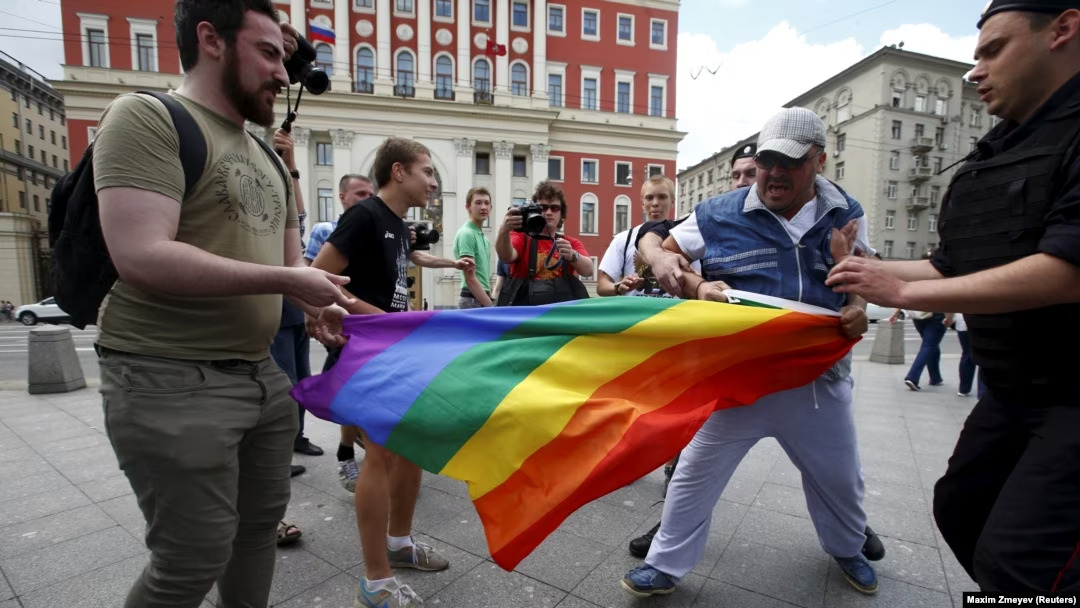
Changing Perceptions and Associations
The survey, which encompassed 1,600 participants from various regions of the country, delved further into respondents’ perceptions by asking them about their associations with the phrases “traditional values” and “European values,” as well as their sentiments toward LGBTQ community members.
For “traditional Russian values,” the majority of participants associated the phrase with concepts such as patriotism, family, respect for elders, love for the country, Orthodox Christian faith, freedom, and justice. However, the exact percentage of respondents who aligned with this view was not disclosed by Russian Field.
On the other hand, “European values” were linked to notions of freedom, democracy, tolerance, LGBTQ issues, homosexuality, and same-sex marriage. Notably, some participants conveyed a sense of discomfort with this phrase, describing it as “disgusting.”
Increasing Calls for Limitations
When asked about potential limitations on LGBTQ individuals, the survey yielded some disheartening responses. Approximately 25% of participants believed that LGBTQ people should be prohibited from promoting their sexual preferences, while 13% felt that public displays of affection such as hugs and kisses should be restricted. Alarmingly, 11% of respondents went so far as to suggest that LGBTQ individuals should be expelled from the country.
Age and Perspective
The survey also highlighted a generational gap in attitudes toward LGBTQ rights. The majority of demands for restricting LGBTQ rights emerged from individuals aged 45 and above. However, it’s worth noting that nearly 25% of respondents acknowledged that Russia does not systematically suppress the individual rights of LGBTQ members.
Russian Legislation and LGBTQ Rights
In recent years, Russia has increasingly tightened its regulations concerning LGBTQ-related matters, particularly in relation to children. The city of Moscow initially prohibited “LGBTQ propaganda” aimed at minors in 2013. In a significant development, President Vladimir Putin signed a law last December introducing substantial fines for individuals found guilty of promoting “non-traditional sexual relations,” pedophilia, and transgenderism among both minors and adults through mediums like books, cinema, media, and websites.
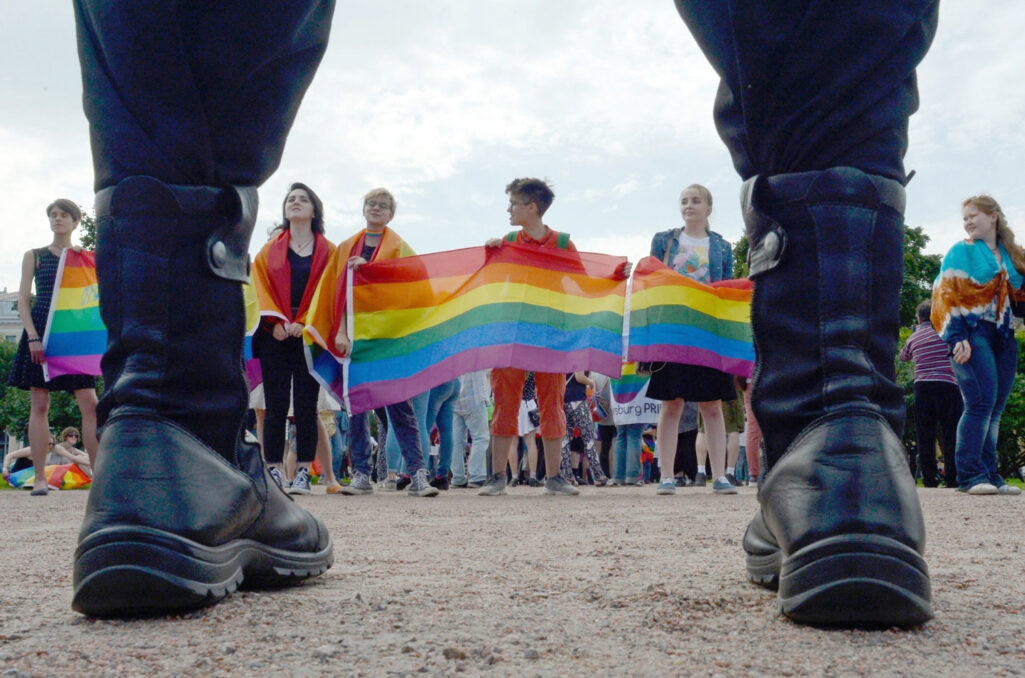
Conclusion
The survey conducted by Russian Field underscores a disturbing trend in Russia’s perception of LGBTQ rights, with a notable surge in negativity over the past decade. The rising percentage of Russians advocating for restricting LGBTQ rights is a cause for concern, particularly given the stark contrast with attitudes just a few years ago. As the survey reveals, age plays a significant role in these attitudes, with older individuals more likely to support limitations on LGBTQ rights. This shifting landscape calls for continued attention and efforts to promote understanding, tolerance, and respect for LGBTQ individuals and their rights.







